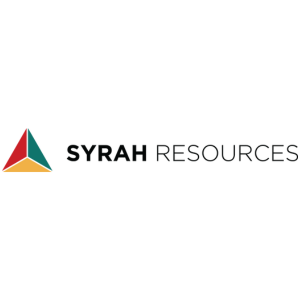Our top six headlines for the week
Barrick Gold's new agreement with Mali
Barrick Gold Corporation has reached a pivotal agreement with the Malian government, resolving a protracted dispute that had significantly impacted its operations in the West African nation.
The contention began in 2023 following Mali's enactment of a new mining code, which sought to increase the government's share in mining revenues. This legislative change led to disagreements over tax obligations and operational control, culminating in the detention of four Barrick employees and the seizure of approximately three tons of gold, valued at $245 million, from the company's Loulo-Gounkoto mining complex.
Under the terms of the new agreement, Barrick has consented to a payment of US$438 million to the Malian government. This settlement facilitates the release of the detained employees, the return of the confiscated gold, and the resumption of full operations at the Loulo-Gounkoto mine. The accord awaits formal approval from Mali's government, with an official announcement anticipated soon.
The resolution of this dispute is particularly timely for Barrick, as the operational disruptions had led the company to lower its gold output forecast for the year. The Loulo-Gounkoto complex, a cornerstone of Barrick's African operations, contributed nearly 14% of the company's total gold production in 2023, underscoring its strategic importance.
Lucapa resumes mining operations in Angola
Earlier this month Lucapa Diamond Company faced an 18-day blockade at its Lulo diamond mine in Angola's Lunda Norte province, initiated by local community leaders presenting a series of demands. The peaceful protest, which began on February 3, prevented workers from entering or exiting the site, disrupting alluvial mining and kimberlite bulk sampling activities.
The blockade concluded peacefully on February 20, allowing Lucapa to resume full mining operations. In response, the company's operating unit, Sociedade Mineira Do Lulo (SML), plans to reassess its mining strategies, focusing on overburden stripping and gravel mining to mitigate the impact of the stoppage and recover delays. Additionally, SML reaffirmed its commitment to existing social programs within the local community, emphasizing that these initiatives will continue throughout the mine's operational life.
The Lulo mine is renowned for producing some of Angola's largest and most valuable diamonds. Lucapa holds a 39% stake in SML, with the remaining interests held by Angola's state-owned diamond company, Endiama (51%), and private entity Rosas & Petalas (10%).
GoviEx signs structured roadmap for Madaouela
GoviEx Uranium has announced a significant development regarding its Madaouela Uranium Project in Niger. The company signed a letter of intent with the Republic of Niger, establishing a structured roadmap aimed at resolving an ongoing dispute over the project's mining permit.
The dispute originated in July 2024 when Niger's Ministry of Mines revoked GoviEx's mining permit for the Madaouela project. In response, GoviEx initiated arbitration proceedings under the International Centre for Settlement of Investment Disputes (ICSID) in December 2024, alleging that Niger had breached its legal obligations under a 2007 agreement and Nigerien law.
Under the new roadmap, both parties have agreed to suspend the ongoing arbitration to facilitate amicable negotiations. This suspension will remain in effect until a resolution is achieved or it is determined that no settlement is possible. GoviEx has expressed optimism about the Nigerien government's commitment to dialogue but acknowledges that there is no certainty of reaching a final, binding agreement.
The Madaouela project is one of the world's largest undeveloped uranium resources, boasting 100 million pounds of U₃O₈ in measured and indicated
mineral resources, with an additional 20 million pounds in inferred resources.
Sibanye-Stillwater strikes strategic deal
In December 2024, Sibanye-Stillwater secured a significant financial arrangement with Franco-Nevada Corporation, a leading gold-focused royalty and streaming company. This agreement involves a $500 million precious metals streaming deal, primarily centred on gold and platinum production from Sibanye-Stillwater's Marikana, Rustenburg, and Kroondal operations located on the Western Limb of South Africa's Bushveld Complex.
Under the terms of the streaming agreement, Franco-Nevada will provide an upfront cash payment of $500 million to Sibanye-Stillwater. In return, Franco-Nevada will receive a percentage of the gold and platinum produced from the specified mining areas over the life of the mines. This arrangement allows Sibanye-Stillwater to unlock value from its South African platinum group metals (PGM) operations, bolstering its balance sheet and providing immediate cash flow.
Neal Froneman, CEO of Sibanye-Stillwater, has expressed satisfaction with the deal, stating that it "unlocks further value from our SA PGM operations, a core part of our business, bolstering our balance sheet." He emphasized that by primarily streaming gold, the company retains significant leverage to potential future increases in PGM prices.
This strategic move comes in the context of a challenging financial period for Sibanye-Stillwater.
Kumba to push concession for Sishen-to-Saldanha rail line
Kumba Iron Ore plans to advocate for the concessioning of the 861-kilometer Sishen-to-Saldanha rail line to a private operator within the next 18 months. This strategic move aims to address ongoing inefficiencies and disruptions plaguing the state-owned Transnet-operated route, which is vital for transporting iron ore from Kumba's Sishen mine in the Northern Cape to the Saldanha port.
The rail line has been beset by frequent derailments and equipment failures, leading to significant logistical challenges. In 2024, Kumba's iron ore stockpiles swelled to 7.5 million metric tons, up from 7.1 million the previous year, primarily due to these transportation bottlenecks.
The company's CEO, Mpumi Zikalala, emphasized that Transnet's financial constraints hinder its ability to efficiently manage the line, stating, "We believe the entire line could be concessioned to a player who will be able to purely focus on this line and that could make a massive impact."
The South African government has shown openness to private sector participation in its rail infrastructure. In December 2024, Transnet issued a "final network statement," outlining terms for third-party involvement to revitalize declining freight volumes. Kumba's proposal aligns with this initiative, suggesting that a dedicated private operator could enhance the rail line's efficiency and reliability.
Financially, Kumba has faced challenges attributed to these logistical issues. The company reported a 45% decline in annual earnings for 2024, with headline earnings dropping to R12.5 billion from R22.7 billion the previous year. Despite this, Kumba declared a final dividend of R19.90 per share, bringing the total payout for the year to R38.67 per share.
DRDGOLD mulls the use of AI to curb gold theft
DRDGOLD has announced its exploration of artificial intelligence (AI) technologies to combat escalating gold theft and enhance crime prevention measures. This initiative comes in response to a surge in gold prices over the past year, which has intensified illegal mining activities and associated criminal enterprises.
During the company's interim financial results presentation for the six months ending December 2024, CEO Niël Pretorius highlighted the growing threat posed by illegal miners, locally known as "zama zamas." While DRDGOLD's operations focus on extracting gold from surface tailings—thereby not directly competing with illegal miners who target unmined ore—the presence of these unauthorized individuals within the company's operational footprint poses significant safety risks to employees and disrupts legitimate mining activities.
The proposed integration of AI into DRDGOLD's security framework aims to proactively identify and mitigate potential threats. By analyzing patterns in data from surveillance systems, access controls, and operational workflows, AI can detect anomalies indicative of unauthorized activities. This technological advancement is expected to enable real-time responses to security breaches, thereby safeguarding both personnel and assets.
The urgency of implementing such measures is underscored by past incidents. In October 2019, DRDGOLD's Ergo plant in Brakpan was attacked by armed robbers, resulting in the tragic death of the company's chief security officer and the theft of approximately 17 kilograms of gold-bearing material. This event exemplifies the severe security challenges faced by mining companies in South Africa.
The broader South African mining industry has been grappling with the pervasive issue of illegal mining, which not only leads to substantial financial losses but also endangers the lives of both illegal miners and legitimate workers. In response, companies like Pan African Resources have adopted advanced surveillance technologies, including drones and thermal cameras, to monitor and prevent unauthorized mining activities.
DRDGOLD's consideration of AI-driven solutions reflects a strategic commitment to leveraging innovative technologies to enhance security and operational efficiency. As the company continues to navigate the complexities of the mining sector, integrating AI into its security protocols represents a proactive step toward mitigating risks associated with gold theft and ensuring the safety of its workforce.

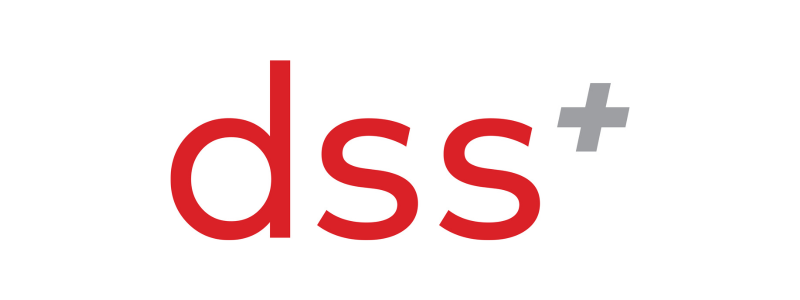
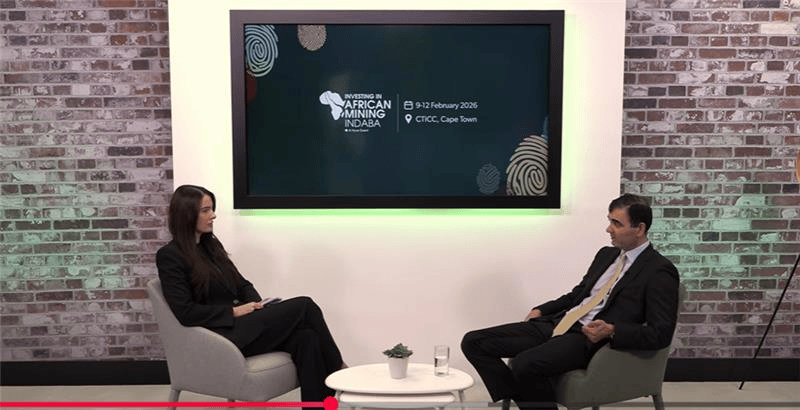
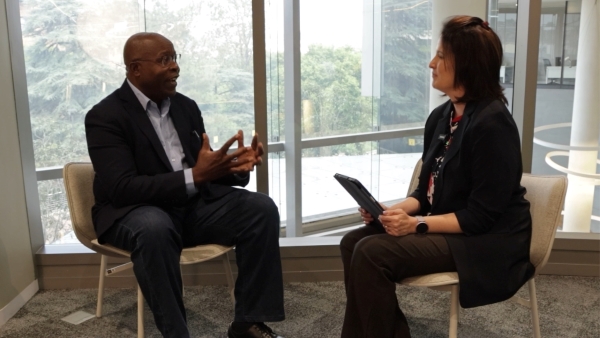

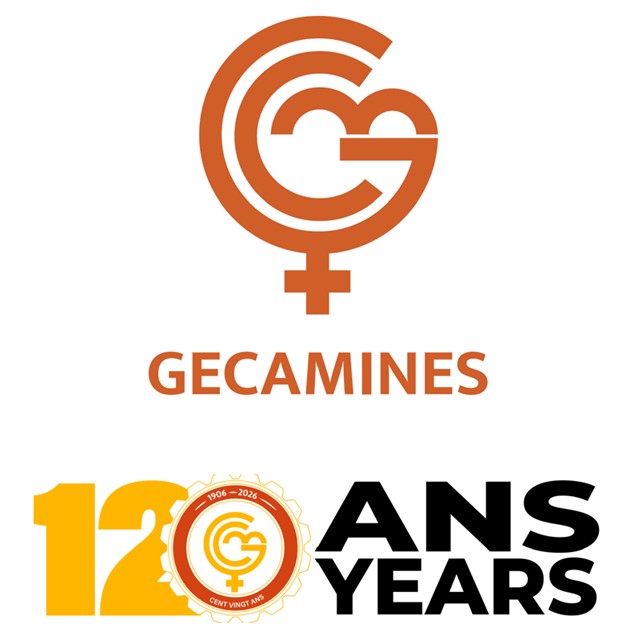
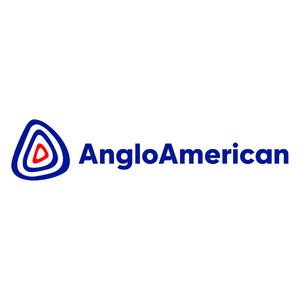

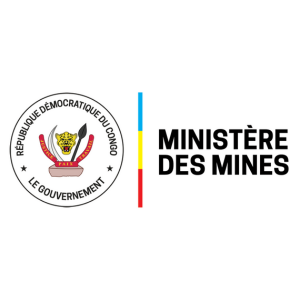
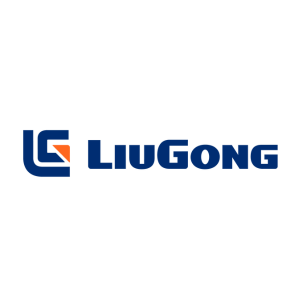
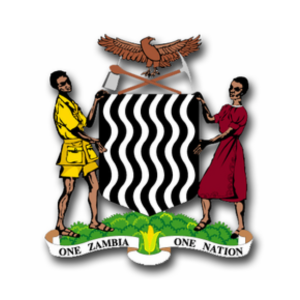

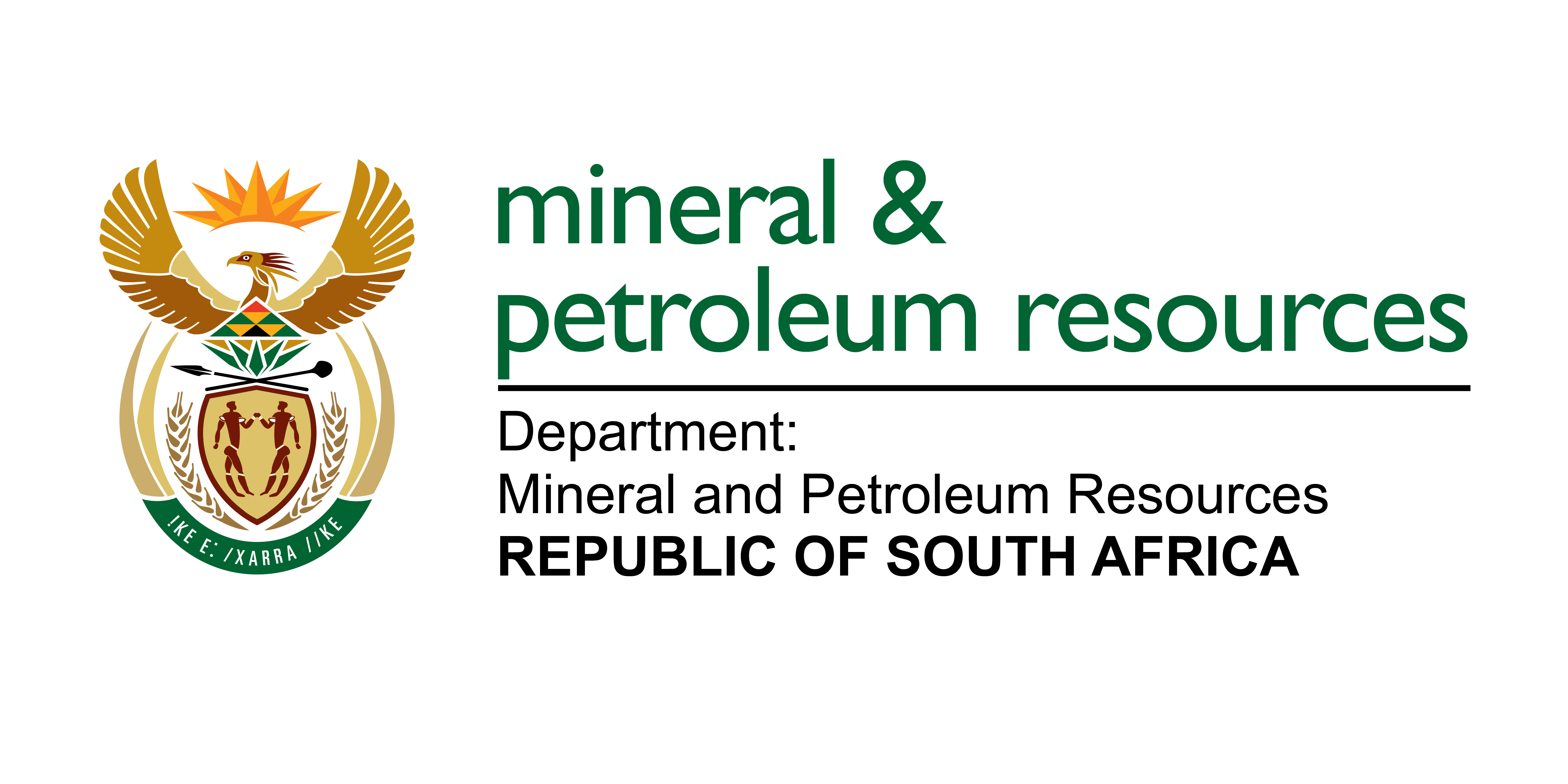-Logo_CMYK_1.jpg?width=1000&height=500&ext=.jpg)




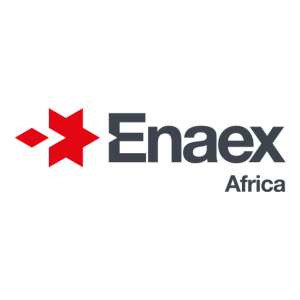


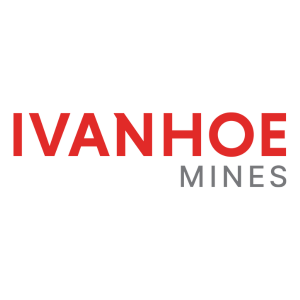
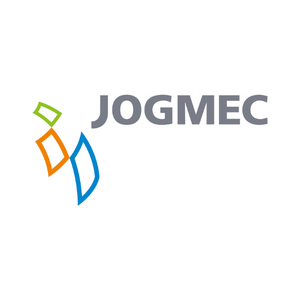


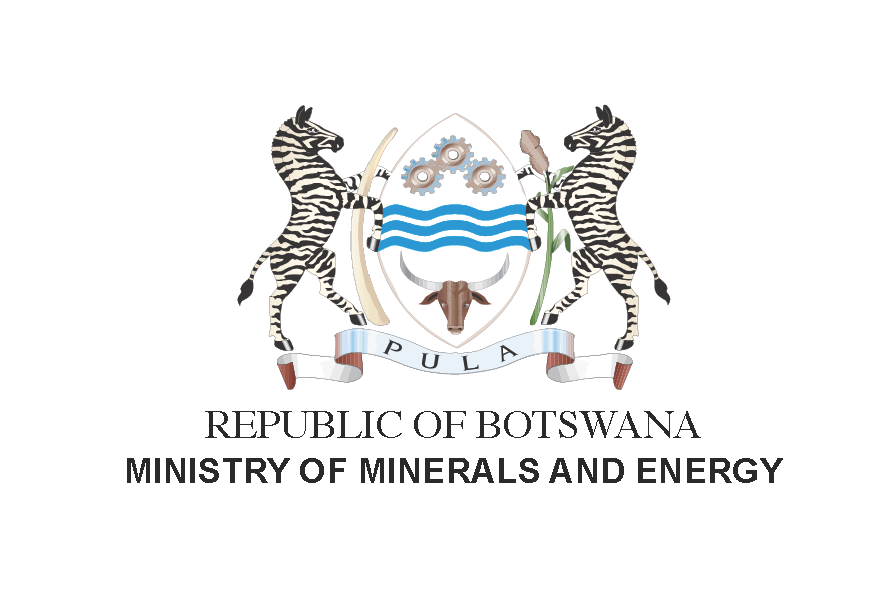.png?width=300&height=208&ext=.png)

_mi25-weblogo.png?ext=.png)
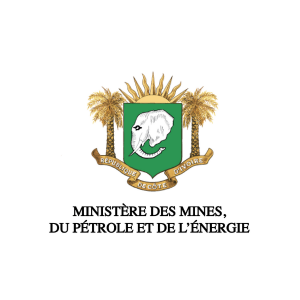
_1.png?ext=.png)


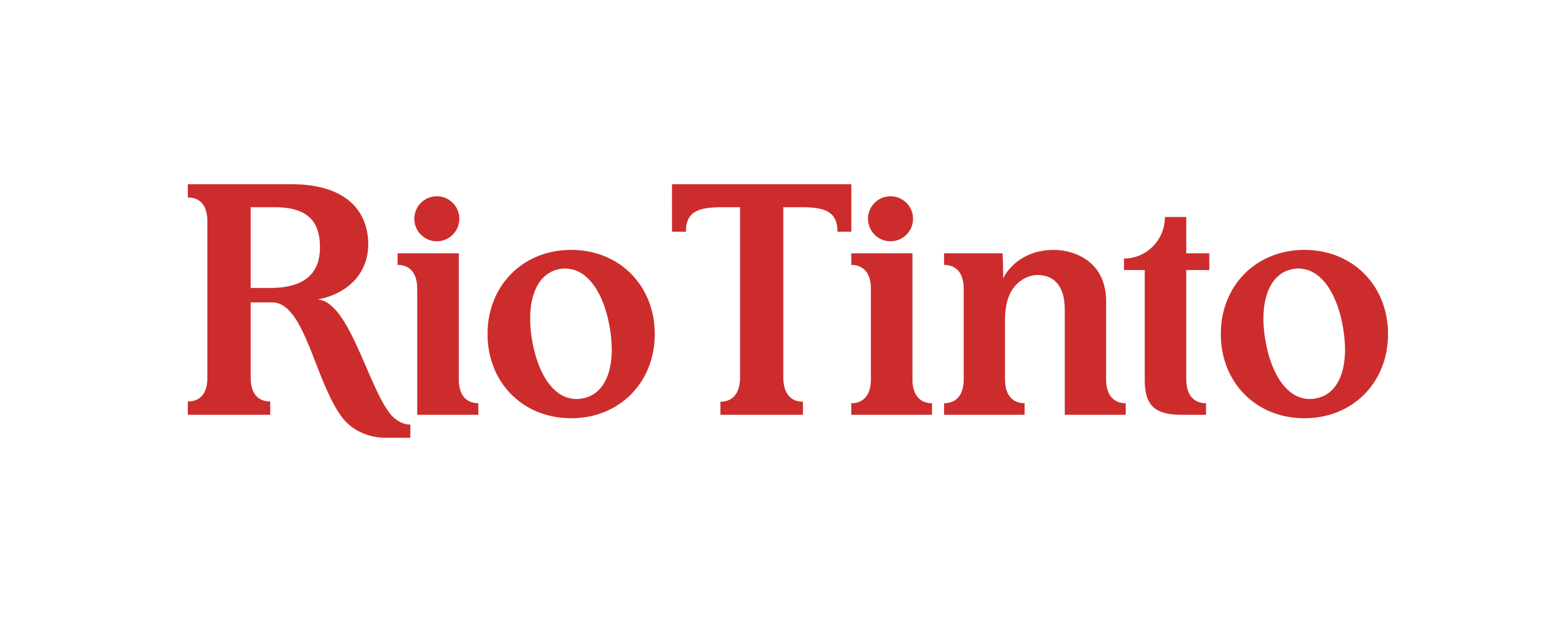

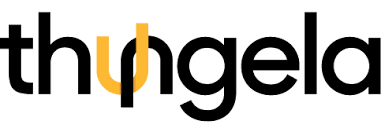
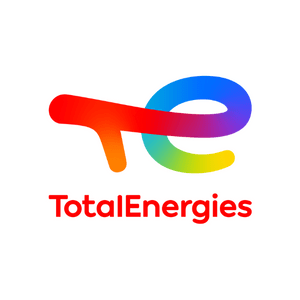
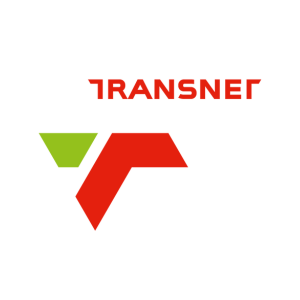


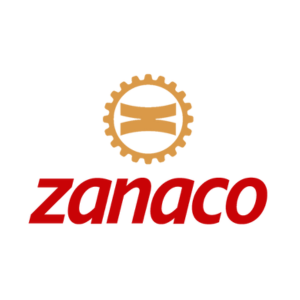








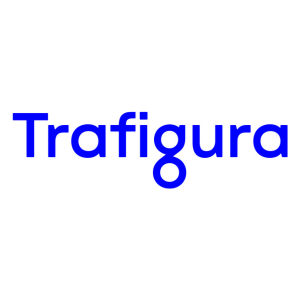
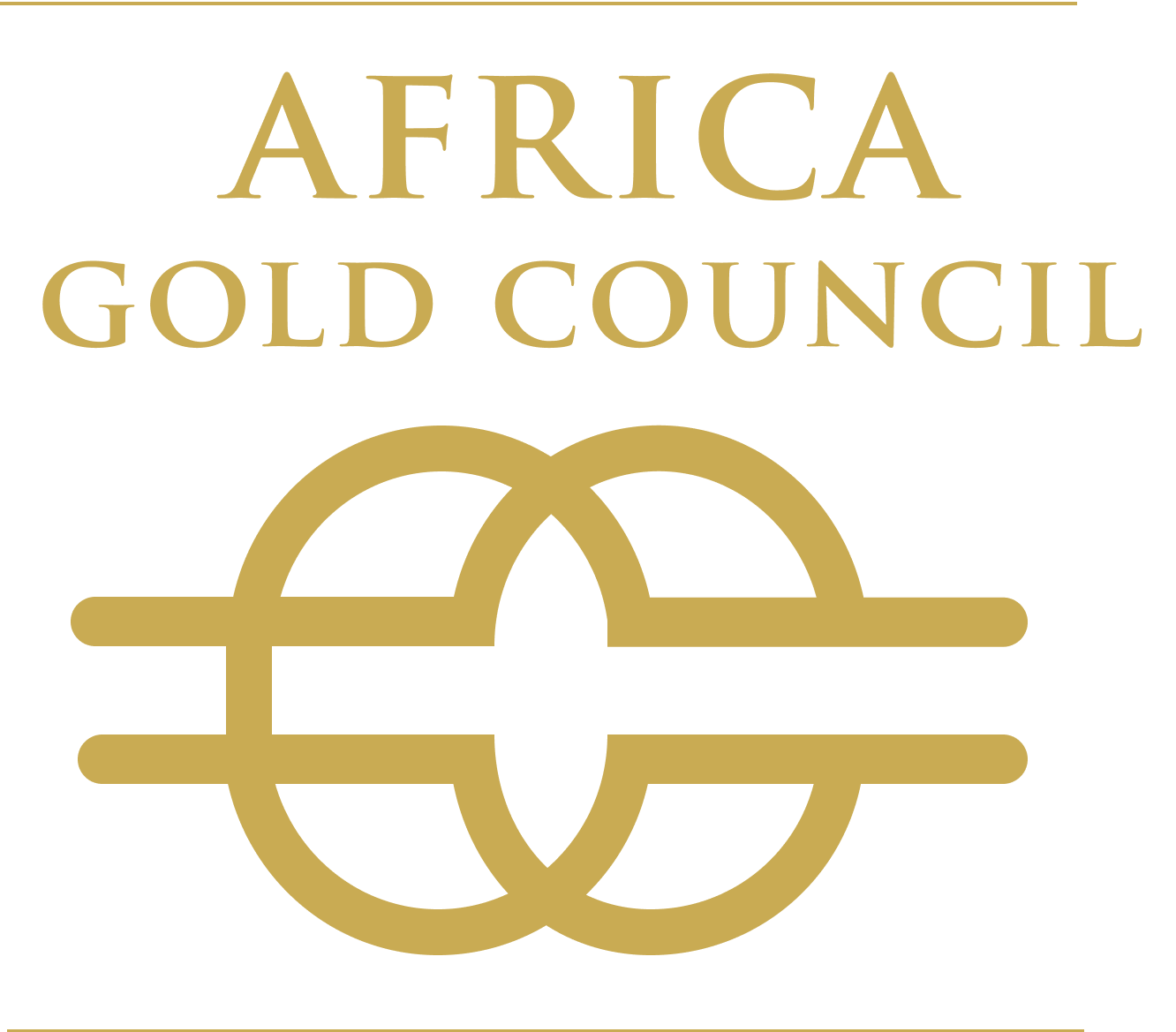

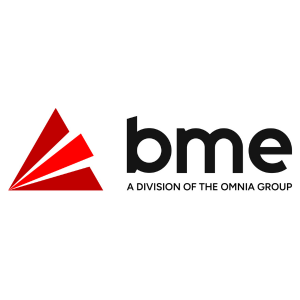











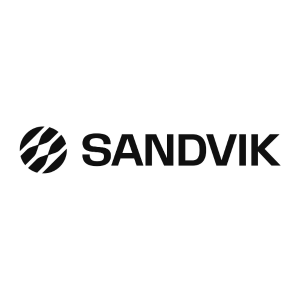

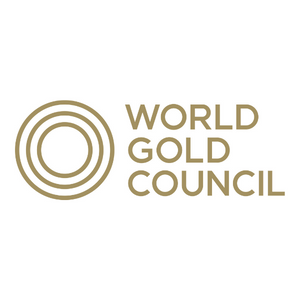
_logo.png?ext=.png)

_mi25-weblogo.png?ext=.png)


